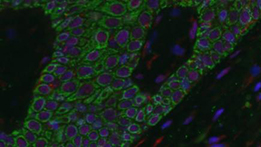
Capell Lab
The Capell Lab seeks to understand how epigenetic and chromatin regulatory mechanisms contribute to disease. By combining the incredible accessibility of human skin with the most cutting-edge epigenetic and genome-wide techniques, we aim to identify novel targets to treat disease.
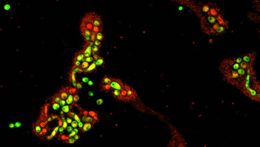
Grice Lab
The Grice lab studies the skin microbiome and its interactions with the host by coupling genomic and metagenomic approaches with microbiology, skin biology, and immunology. Our overarching objectives are to understand the role of the skin microbial communities in 1) colonization resistance to cutaneous pathogens; 2) skin barrier development and function; 3) barrier repair, wound healing, and chronic wounds.
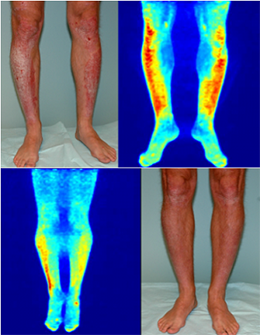
Gelfand Lab
The Gelfand Clinical Research Lab designs and conducts interventional and translational clinical trials as well as observational and pharmacoepidemiological studies in common and rare skin diseases. We aim to improve psoriasis patient outcomes in the skin and joints, while lowering the risk of diabetes, cardiovascular disease and mortality. In addition with our new LITE Study (Light Treatment Effectiveness Study), we hope to narrow the gap in knowledge for patients, dermatologists, and payers on the effectiveness of home-based versus office-based phototherapy through the design and conduct of a pragmatic trial in 1050 patients across the US.
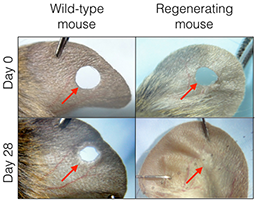
Leung Lab
The Leung lab uses molecular genetically based techniques to functionally dissect the mechanisms driving mammalian tissue regeneration and inflammatory skin diseases, in both mouse and humans. We aim to develop new therapeutic approaches in regenerative medicine.
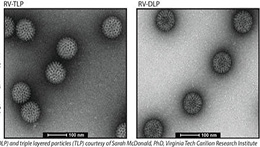
Payne Lab
The Payne lab integrates studies on B cell repertoire analysis and desmosome biology to better understand how pathologic autoimmune responses against desmoglein proteins in pemphigus cause end organ damage. Clinical and translational research aim to better understand existing treatments and develop novel targeted therapies for autoimmunity.
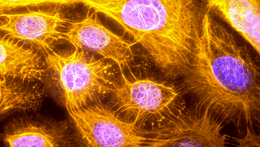
Ridky Lab
The Ridky Lab uses genetically-defined, engineered epithelial tissues as an experimental platform to study pathways driving human cancer initiation, tumor-stroma interaction, invasion and metastasis, maintenance of cancer stem cells, and regulation of skin pigmentation.
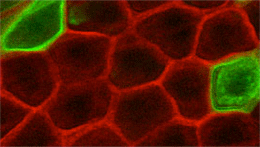
Rompolas Lab
In our laboratory we use advanced microscopy and mouse genetic tools to study the biological basis of skin regeneration. Our goal is to understand the mechanisms that stem cells employ to maintain and replenish the skin throughout life and to uncover which of these processes, when deregulated, are responsible for the emergence of disease.
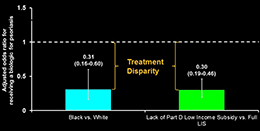
Takeshita Lab
Our research group seeks to identify, understand, and eliminate health and health care disparities in dermatologic diseases. We use mixed (quantitative and qualitative) methods to study and address disparities in chronic inflammatory skin diseases (e.g., psoriasis, atopic dermatitis) with an aim to achieve health equity in dermatology.
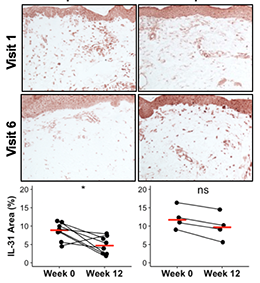
Werth Lab
The Werth lab uses cell immunophenotyping and gene signatures to determine the heterogeneity of response to treatment in autoimmune skin diseases. This heterogeneity provides insights into disease pathogenesis, including symptoms such as itch (see image). We also study the effects of ultraviolet light in photoaging. We have developed disease severity indices used widely in international multicenter clinical trials in autoimmune skin diseases.
